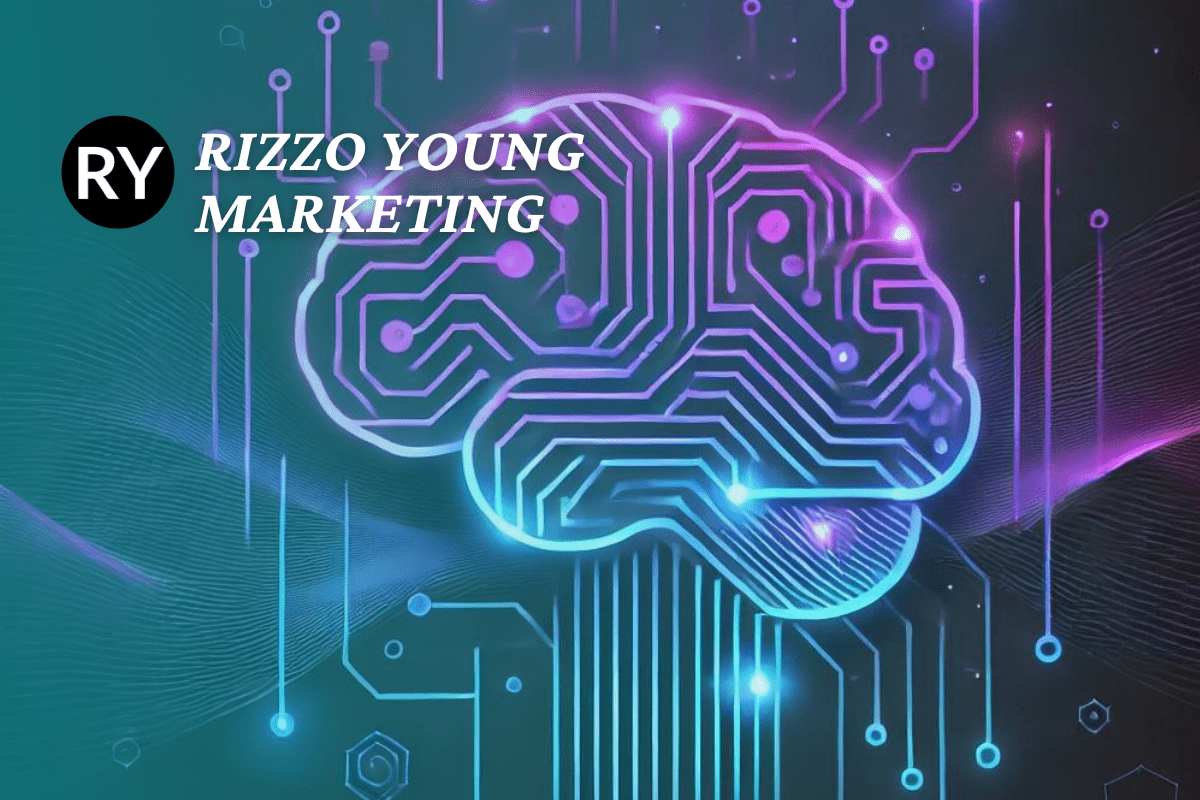Google EEAT Trustworthiness stands out as perhaps the most crucial component of modern-day search engine optimization. In the digital landscape, trust is everything. It influences user behavior, engagement, and how well your content ranks on search engines. Google aims to provide users with the most reliable information possible, and content that demonstrates high trustworthiness is rewarded.
Read MoreGoogle EEAT Authoritativeness goes beyond just knowing your subject; it’s about being recognized as a trusted and reliable source by users and other industry experts. With Google’s continuous focus on providing users with the best and most relevant content, establishing authoritativeness has never been more important.
Read MoreAs Google continues to refine its algorithms, the focus on Expertise within the E-E-A-T framework has become even more significant. Expertise means that the content you produce is crafted or reviewed by individuals with a deep understanding of the subject. For brands, especially those covering topics like health, finance, or legal matters, demonstrating expertise can be the difference between being ranked highly or being overlooked.
Read MoreWith the evolution of Google’s E-A-T framework to E-E-A-T, which now includes “Experience” as a critical component, search engines increasingly prioritize content that reflects real-life, firsthand knowledge. This shift emphasizes that it’s no longer sufficient to produce content purely based on research; content should be enriched with genuine experience to truly resonate with audiences.
Read MoreChatGPT Search represents a major leap in the evolution of search technology, shifting from basic directory-style listings to AI-driven solutions that deliver personalized, real-time answers. With OpenAI’s innovative approach, ChatGPT Search enters the field as a strong competitor, challenging traditional engines like Google and Bing with a conversational, AI-infused design that prioritizes clarity and privacy.
Read MoreIn recent years, artificial intelligence (AI) has transformed the world of search engine optimization (SEO) with the rise of semantic search and user intent strategies. With advancements like Google’s RankBrain and BERT, search engines have become smarter, focusing on understanding the meaning behind queries rather than simply matching keywords. This shift towards semantic search and user intent reshapes how businesses and marketers approach SEO.
No longer can SEO strategies rely solely on keyword stuffing or exact-match phrases. Today, success in SEO hinges on a deep understanding of what users truly want when they enter a query and the ability to create content that provides meaningful answers. Rizzo Young Marketing explores how semantic search works, the roles of RankBrain and BERT in driving this change, why user intent is now central to SEO, and how to optimize content for the future.
Read MoreIn today’s competitive digital landscape, maximizing personalization efforts has become crucial as businesses strive to engage customers more meaningfully. From product recommendations on e-commerce websites to tailored marketing emails, personalization is a powerful tool for creating connections and driving engagement.
Read MoreWhen it comes to website design, one often overlooked aspect is creating a "thumb-friendly" experience. In today's digital landscape, marketers and UX designers recognize the significance of considering how users navigate websites using their thumbs.
Read MoreIndeed, the internet has grown so much in the past few years. We have seen a rapid change in technology, digital trends, and introductions to new platforms.
Likewise, it’s great to see web design continually evolving to accommodate user experience and satisfaction. Here are a few ways to showcase your website content while nurturing your target audience.
Read More








